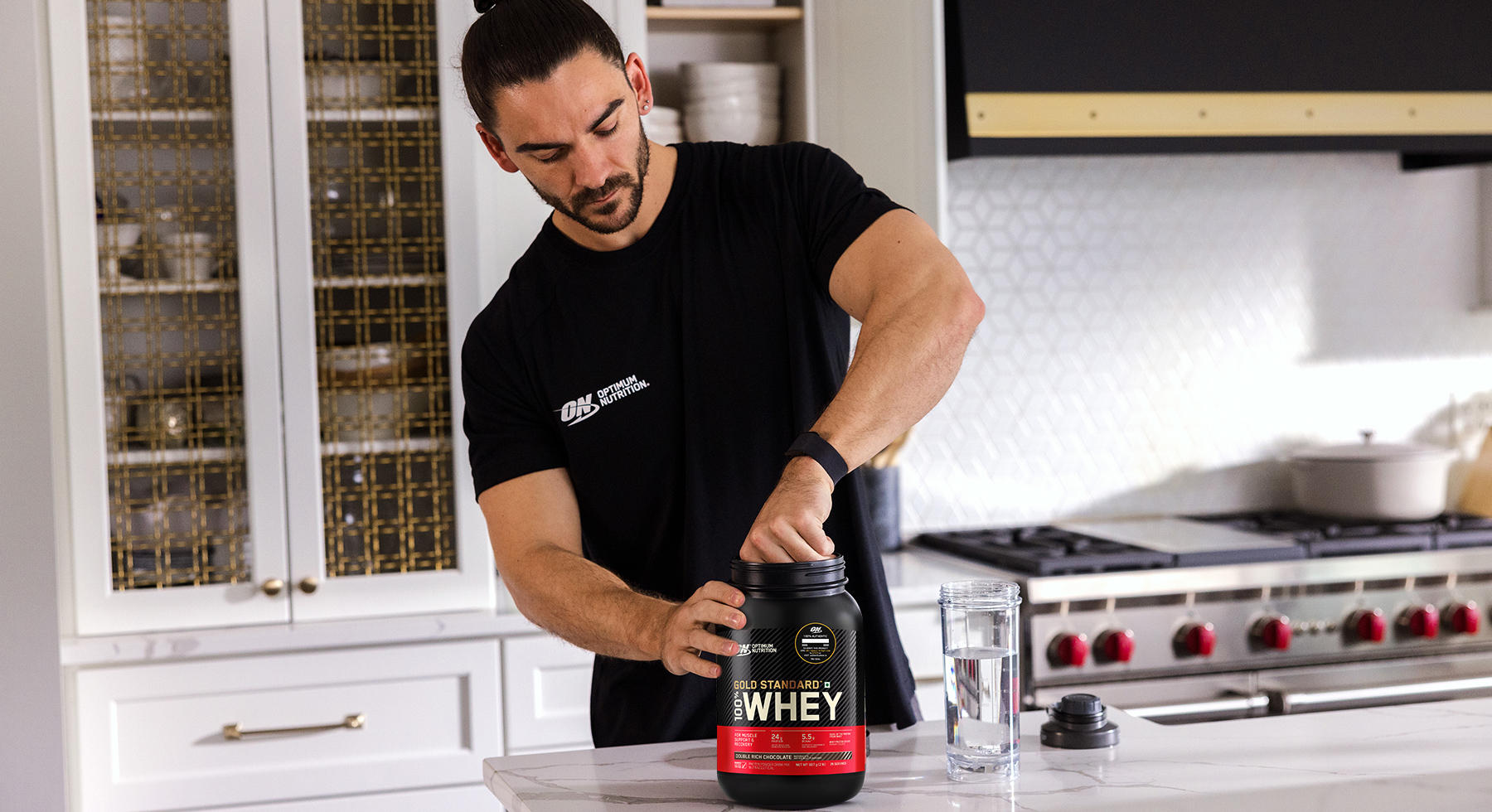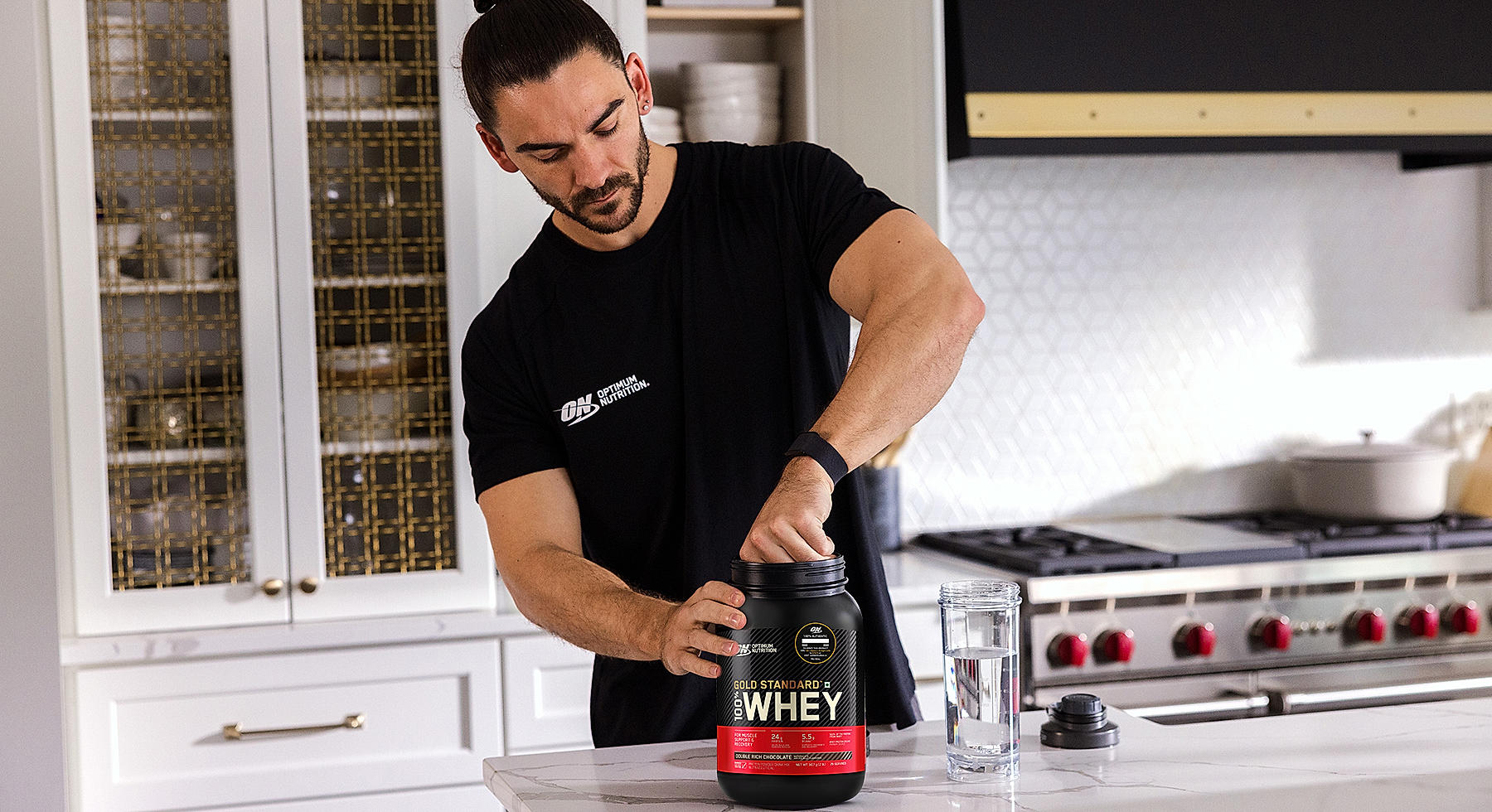
You may have heard about muscle hypertrophy or enlargement of muscles (or pumping your muscles) from your gym trainer, coach, or friend. Right! So, what exactly is muscle hypertrophy? Why are people intrigued?
Table of Content
- What is Muscle Hypertrophy
- Workout tips for muscle hypertrophy
- 3- Triggers for Muscle Protein Synthesis
- Protein Intake Recommendations for Muscle Building
- Take Home Message
What is Muscle Hypertrophy
Muscular hypertrophy is an increase in muscle mass and cross-sectional area. The increase in dimension is due to an increase in the size (not length) of individual muscle fibres. Both cardiac (heart) and skeletal muscles adapt to regular, increasing workloads that exceed the pre-existing capacity of the muscle fibre. With cardiac muscle, the heart becomes more effective at squeezing blood out of its chambers, whereas skeletal muscle becomes more efficient at transmitting forces through tendonous attachments to bones. Technical! Let me ease it out for you. Muscular hypertrophy is when your muscles enlarge because the individual fibres grow, not lengthwise, but in size. Your heart and other muscles adapt to regular workouts that push them beyond their limits. So, your heart gets better at pumping blood, and your other muscles become more efficient at handling the forces they deal with.
Next, let us also understand how it works or occurs in the human body. Specific exercises or training one undergoes to gain muscles or increase muscle mass are known as "hypertrophy training."
(Consult or take expert advice from your health coach or trainer.)
The three fundamental principles of muscle hypertrophy to implement in your workout regime are as follows:
Workout tips for muscle hypertrophy.
- Mechanical Tension: Mechanical tension, within resistance training, signifies the force exerted on muscles. Introducing substantial weights or resistance challenges the muscles, creating tension in the muscle fibres and prompting the body to adapt and strengthen.
- Muscle Damage: Resistance training induces micro-tears in muscle fibres, initiating muscle damage. This damage triggers the body's repair and remodelling mechanisms, ultimately fostering the growth of more robust muscle fibres.
- Metabolic Stress: Metabolic stress arises from the accumulation of metabolites, such as lactate and hydrogen ions, during intense exercise when muscles reach fatigue. This metabolic stress initiates a series of physiological responses that contribute to the growth of muscles.
Keep in mind that a universal solution doesn't exist. Tailor your exercise routine to align with your specific goals, level of training expertise, available time, and access to equipment. While individual training programmes may vary, certain overarching principles should be apparent. These include:
- Maintaining an intensity level between 67 and 85% of your one-repetition maximum (1RM)
- Utilizing rep ranges of 6–12 with multiple sets
- Adhering to rep tempos of one to three seconds in the concentric phase and two to four seconds in the eccentric phase.
- Observing rest intervals of 30 seconds to two minutes, occasionally longer if necessary,
- Allowing some sets to extend to failure but exercising caution to avoid overtraining
- Incorporate variations in exercises, encompassing both single and multi-joint movements.
Now, let's move on to the nutrition aspect. You must have heard that proteins play a vital role in building muscles. Want to gain muscles? Then increase your protein intake—that's the most common comment every person passes.
3- Triggers for Muscle Protein Synthesis
It isn’t an exaggeration! There are 3 known triggers for Muscle Protein Synthesis-
1. Resistant Training
2. Protein Intake
3. Leucine (Leucine, one of the BCAA acts as a trigger), and you get the Leucine from, you guessed it right- Protein!
Protein Intake Recommendations for Muscle Building
- Hit your Recommended daily protein intake to support muscle building goals: 0.8 – 1.0 grams/kilogram body weight/day is recommended for Active & Healthy Adults, but protein requirements may increase with type of physical activity and sports.
- Choose complete proteins that have all the essential amino acids in sufficient quantities.
- Spread intakes of 20-40g of protein (per meal) throughout the day (including pre- and post-exercise)
| Food | Skinless Baked Chicken | Grilled Fish (Salmon) | Low-Fat Cottage Cheese (Paneer) | Low-Fat Milk | Egg | Optimum Nutrition Gold Standard 100% Whey |
| Amount | 3 ounces(89 mL) | 3 ounces(89 mL) | ½ cup(118 mL) | 1 cup(237 mL) | 1 Large | 1 Scoop |
| Protein | 26 grams | 21 grams | 14 grams | 8 grams | 6 grams | 24 grams |
(Date Source: USDA Food Data Central)
Take Home Message
Building muscle requires proper training, nutrition, and rest. A strength training program must be progressive as your muscles will adapt to the training stimulus. Building muscles AKA hypertrophy takes time.

